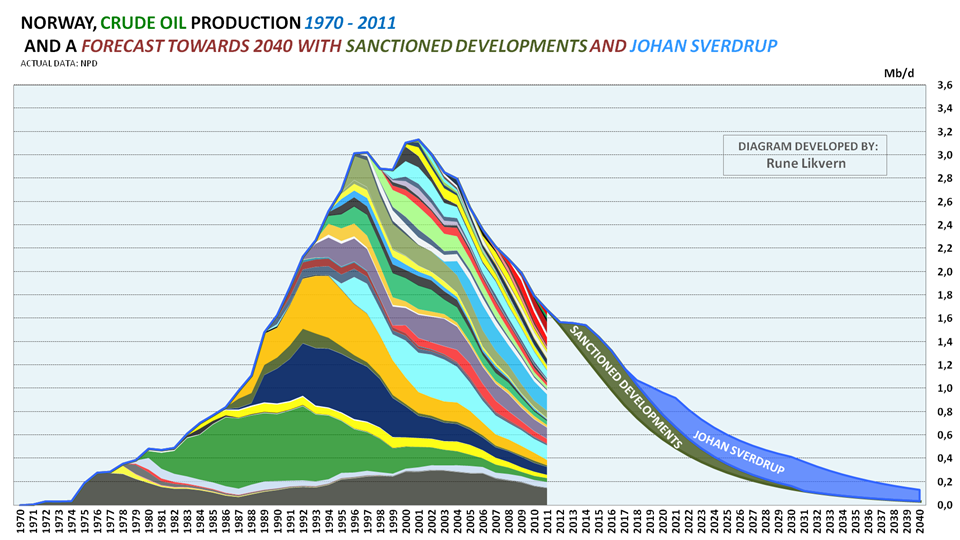En podcast med George Mobus som skriver en intressant blog Question Everything. Han har nu kommit ut med en ny bok ”A THEORY OF SAPIENCE: Using Systems Science to Understand the Nature of Wisdom and the Human Mind”, den går just nu att ladda ner.
Från inledningen av boken:
Consider this perplexing question: If human beings are so smart, why have we not solved the many social and physical problems that have plagued humanity throughout history? Are poverty, war, and genocide (to name a few) really going to be with us always? Moreover, why are we facing nearly imponderable problems that have developed due to our own inept actions, e.g. climate change?
Principles of Systems Science.
- Systemness: Bounded networks of relations among parts constitute a holistic unit. Systems interact with other systems, forming yet larger systems. The universe is composed of systems of systems.
- Systems are processes organized in structural and functional hierarchies.
- Systems are themselves, and can be represented abstractly as, networks of relations between components.
- Systems are dynamic on multiple time scales.
- Systems exhibit various kinds and levels of complexity
- Systems evolve to accommodate long-term changes in their environments.
- Systems encode knowledge and receive and send information.
- Systems have regulation subsystems to achieve stability.
- Systems contain models of other systems (e.g. simple built-in protocols for interaction with other systems and up to complex anticipatory models).
- Sufficiently complex, adaptive systems can contain models of themselves (e.g., brains and mental models).
- Systems can be understood (a corollary of #9) – Science.
- Systems can be improved (a corollary of #6) – Engineering.
Källa: Systems Science in Collapse: An interview with George Mobus | Doomstead Diner
__________________









